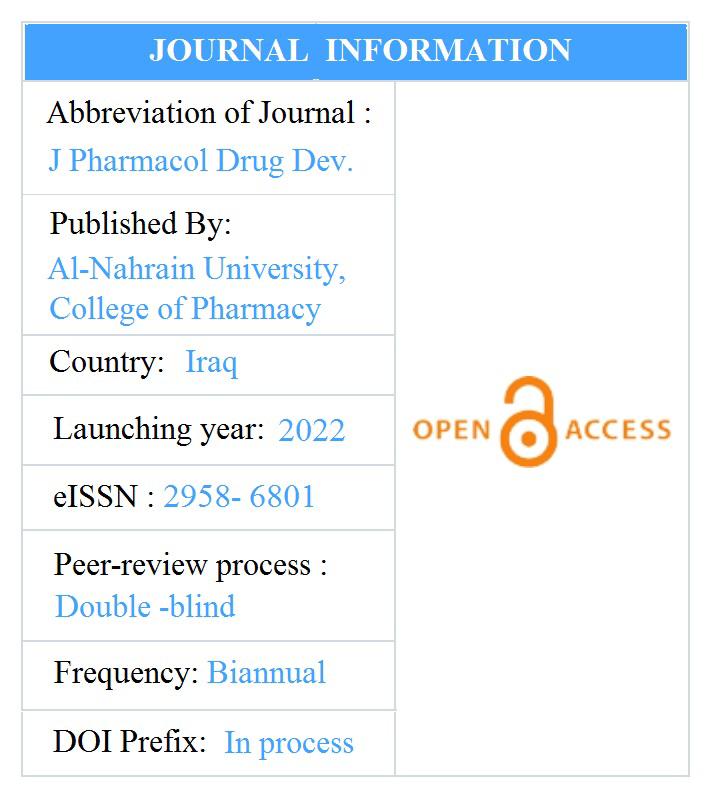
Reviewer Guidelines
Peer review is a process done to assess the validity, significance and originality of the research before publication in a scientific journal. Reviewers provide detailed and constructive comments that help the editors to make a decision on publication and the author(s) to improve their manuscript. Reviewers are invited by email and asked to submit their reviewer reports within the online editorial system.
Any manuscript sent for peer review is a confidential document and should remain so until it is formally published. We ask reviewers to return their reports within 14 days of accepting the invitation to help support timely decisions for authors. If reviewers encounter or foresee any problems meeting the deadline for a report, they should contact the Editorial Office using the ‘Contact us’ button in Editorial Manager.
If you have a competing interest that may influence your comments on a manuscript, we ask that you decline the reviewer invitation. All reviewers must be able to provide independent feedback and you should decline an invitation if you have worked with any of the authors, or you feel your relationship with an author would influence or prevent you providing true recommendations on the manuscript.
Points of Manuscript Evaluation by Reviewers
- Reviewers should assess whether the manuscript contributes anything new to the literature. This may include topics not previously analyzed or not exhaustively examined. Reviewers should also evaluate whether any novel elements are truly of interest and could lead to a change in current clinical practice.
- The methods reported in articles must be robust and answer the questions posed by the authors in the study aims, using valid and appropriate procedures. Equally, although reviewers are blind to the institutions where the research was conducted, the reported methods must comply with the ethical requirements for the type of article submitted.
- Discussion and conclusions.Reviewers must check that this section is not a summary of the results. The discussion should interpret the results of the study and analyze their implications. This section should also mention the limitations and possible biases of the study.
- Reviewers must check that there a no errors or deliberate omissions.
- Other matters.Reviewers should check that the manuscript is coherent and uses appropriate terminology, etc.
Summary of some questions consider when peer reviewing:
- Is the manuscript written in an understandable way?
- Is there an aim, research question or reason for doing the research, and has this research been put in the context of previous work?
- Have all methods been described in sufficient detail to allow others to evaluate and/or replicate the work in similar circumstances?
- Have the results been presented and discussed clearly and completely?
- Do the results support the authors’ conclusions?
- Are the included additional files (supplementary materials) appropriate?
- Are there any ethical or competing interests issues you would like to raise?
- Do you have any other suggestions that might help the author(s) strengthen their paper to make it more applicable to the community?
Reviewer submit the report of reviewing that involve comments and suggestions to the Editor and authors and will be asked to recommend a decision of either accept, reject, or minor-essential or major-compulsory revisions. Following reviewer original review and recommendation, and subsequent revisions of the manuscript by the authors, the editors may ask the reviewer to assess the manuscript again to ensure all points that have been addressed adequately. The final decision of whether to accept or reject a manuscript in the journal lies with the editors.
Reviewers' Ethical Commitment’s
- Declare any conflicts of interest. Although not mandatory, reviewers can declare their conflicts of interest in the box containing the comments for the Editor. If any conflicts of interest with the article are detected, whether before or after the review, reviewers must report them as soon as possible to the editorial office. Authors must not review or read any more of the article until they receive a response from the journal.
- Evaluate only articles in their field of expertise and with maximum objectivity.
- Use constructive and courteous language when writing reviews. The aim is to help authors improve their articles.
- Respect anonymity. Reviewers must not involve third parties in their manuscript reviews. Manuscripts are confidential and must not be shown to anyone else, not even to ask for advice or the opinions of expert colleagues.
- Coherent in the message given to authors. Comments to the Editor and to authors should be in the same vein. Recommendations to reject a manuscript to the Editor should be reflected in the comments to authors.
- Timely submission of reviews. The journal has short review and publication times. Respecting these times is essential for the effective running of the journal. Consequently, meeting review deadlines is an absolute necessity.



